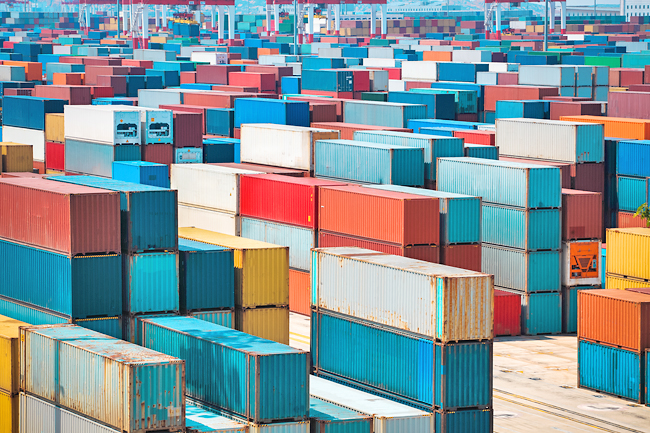Azlan Othman
After the setback to growth last year due to the outbreak of the Delta variant of COVID-19, economic activities in Brunei Darussalam are gradually picking up, particularly in the non-oil and gas (O&G) sector.
High vaccination rates have allowed containment measures and border restrictions to be lifted, enabling fuller economic re-opening. Higher global energy prices have also benefitted the Sultanate, helping to improve the external position and restore fiscal buffers.
This preliminary assessment was made by the ASEAN+3 Macroeconomic Research Office (AMRO) after its annual consultation visit to Brunei from November 26 to 30, 2022.
While the ongoing rejuvenation effort in the O&G sector has an effect on growth, the outcome would result in an improved asset reliability and production availability.
Continuing diversification in the non-O&G sector, including the nurturing of new areas of growth (such as digitalisation and green investment), will help foster resilience and put the economy on a stronger footing in the long run.
The mission was led by AMRO Deputy Group Head and Senior Economist Anthony Tan. AMRO Director Kouqing Li and Chief Economist Hoe Ee Khor met Minister at the Prime Minister’s Office and Minister of Finance and Economy II Dato Seri Setia Dr Awang Haji Mohd Amin Liew bin Abdullah and the Managing Director of Brunei Darussalam Central Bank Hajah Rokiah binti Haji Badar and participated in the policy meetings.

The discussions mainly focussed on the outlook for the post-pandemic recovery, global spillover risks from the conflict in Ukraine and tightening global financial conditions, as well as longer-term development challenges.
“The highly comprehensive COVID-19 vaccination programme has enabled the Sultanate to shift to an endemic phase, allowing fuller economic re-opening and the recovery of economic activities, particularly in the services sector.”
AMRO also said, “Despite this positive development, the economy is expected to register a negative growth of 1.2 per cent in 2022, weighed down by the decline in the upstream O&G production,” said Tan. “Nonetheless, the diversion of domestic gas supply to the downstream activities has contributed to stronger performance of the non-O&G sector, helping to support growth.”
Inflation has risen to a multi-year high, mainly on rising global food prices. The conflict in Ukraine has impacted global commodity prices and disrupted supply chains. While global commodity prices have fallen in recent months, inflation is likely to remain high at 3.7 per cent in 2022.
The external position remains strong, with the overall balance of payments recording a sizeable surplus of 7.8 per cent of gross domestic product (GDP) in 2021. This reflects the significant widening of the current account surplus to 11.2 per cent of GDP on higher global energy prices. In 2022, the current account surplus is estimated to widen further to 12.8 per cent of GDP, buoyed by favourable commodity prices and robust activities in the non-O&G sector.
AMRO added, risks to the outlook are tilted to the downside due to the high uncertainties in the global energy market amid the fluid geopolitical developments, and concerns about the global economic prospects. While Brunei has made good progress in economic diversification, the economy remains susceptible to both domestic and external shocks. The domestic risks include the challenges in rejuvenating offshore O&G fields. On the external front, a possible decline in global energy demand, reflecting a slowdown in major trading partners, would be a drag on growth.
The tightening global financial conditions and rising cost pressures could exert some downward pressures on corporate earnings in the Sultanate – including those that are dependent on O&G exports. Sharply higher borrowing costs, coupled with slowing revenue growth could translate into higher debt servicing burden for some corporates.
Over the longer term, the decline in global demand for fossil fuels, driven by the transition to net zero carbon emission to limit climate change, is a perennial risk for Brunei. Extreme weather-related events not only result in significant losses to physical assets and infrastructure but could also strain public finances and pose systemic risk to the financial sector.





